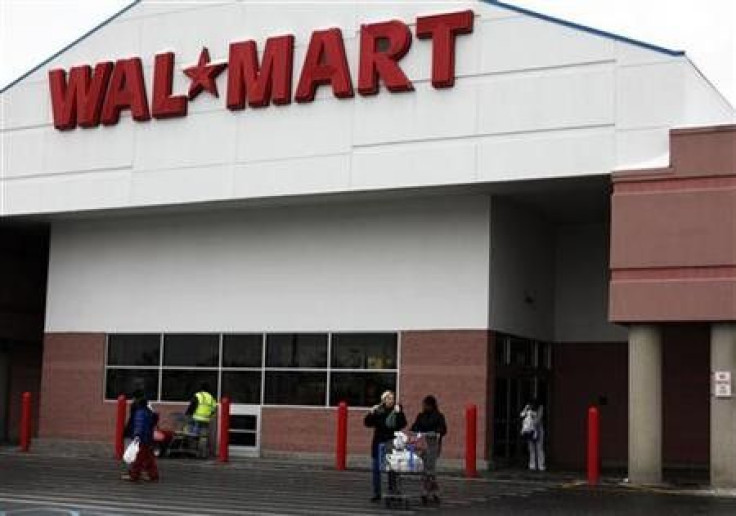Wal-Mart Unhappy With $7.25B Settlement of Retailers' Suit Against Visa, MasterCard

Wal-Mart Stores Inc. (NYSE: WMT), in a bid to protect consumers, announced it was not happy with the proposed $7.25 billion retailers' settlement with Visa Inc., and MasterCard Inc., over interchange and processing fees to cover credit and debit card payments.
The hefty settlement will provide credit card companies ample leeway to raise these fees in the future, imposing a huge burden on consumers who already pay tens of billions of dollars in existing fees every year, the company said in a statement on Monday.
As Wal-Mart continues to seek reform that will provide transparency and true competition among financial institutions, we encourage all merchants to put consumers first and reject the settlement, Wal-Mart officials said in the release.
With Wal-Mart entering the fray with a staunch opposition, the federal judge overseeing the case in New York might think twice before approving the settlement, litigation experts say.
If the New York federal judge allows the settlement to go through, American consumers could end up paying millions of dollars more every year as stores charge them higher amounts for using certain credit cards -- a move that will minimize payment-related costs for retail outlets.
The anti-trust settlement, which could be one of the largest of its kind in U.S. history, was filed last Friday in a Brooklyn federal court. Visa, MasterCard and other credit card issuers agreed to a $7.25 billion settlement with U.S. retailers who filed lawsuits in 2005 to protest against existing credit card and debit card fees. The retailers that were protesting against the credit card price fixing included Kroger, Safeway and Walgreen.
Credit card companies set the swipe fees, or charges to cover the costs involved in processing credit and debit card payments. The banks that issue these cards then deduct the fees from the transaction. As a result, merchants are bearing the extra costs, the lawsuits indicated.
The so-called settlement aims to slash interchange fees by 10 basis points for about eight months, covering stores valued at about $1.2 billion, a lawyer close to the plaintiffs told Reuters. It also intends to put a full stop to terms that ban retailers from charging customers extra money because they buy products on credit. Because a large number of retail outlets already offer customers discounts and other incentives for cash purchases, questions are being raised about how effective both of these objectives will be in shielding them from paying higher fees.
International retailers' trade group National Association of Convenience Stores and Target Corporation (NYSE: TGT) are also joining hands with Wal-Mart in balking at the settlement. Not only does the proposed settlement fail to introduce competition and transparency, it actually provides Visa and MasterCard with the tools to continue to shield swipe fees from market forces, Tom Robinson, president of the National Association of Convenience Stores, said in a statement.
The case is gathering further momentum as Wal-Mart speaks out about a structural conspiracy between Visa and MasterCard -- a collusion that gives them more power to determine the processing fees they will charge retailers.
Anti-trust experts are ambivalent about whether consumers will be adversely affected as a result of the settlement. Consumers do garner benefits from their use of credit cards, which permit them to make their purchases on credit at any store that accepts Visa, MasterCard and other major networks.
© Copyright IBTimes 2024. All rights reserved.











